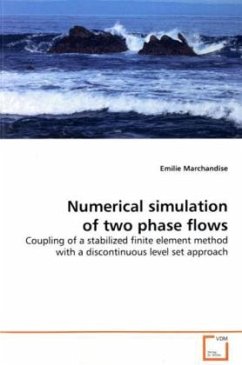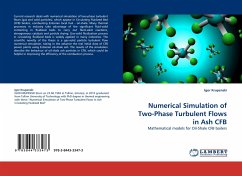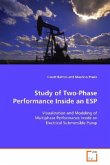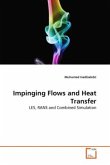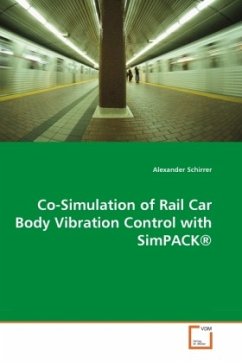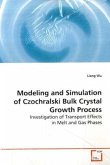The subject of this book is the development of an
efficient numerical method capable of predicting the
flow behavior of two-phase immiscible fluids. In the
quest of an accurate and robust numerical method for
the modeling of two-phase flows, one has to keep in
mind the intrinsic properties and difficulties
associated with the problem: (i) those flows are
mostly three-dimensional, (ii) the interface might
encounter a lot of topology changes, (iii) large
jumps of density and viscosity might exist across the
interface, (iv) surface tension forces may play a
very important role in the interface dynamics. Hence,
the influence of this force should be accurately
evaluated and incorporated into the model, (v) mass
conservation is of primary importance.
All these issues are addressed, and special
techniques are proposed for their treatment. The
chosen method combines a pressure stabilized finite
element method for the Navier Stokes equations with a
discontinuous Galerkin method for the level set equation.
Such a combination of those numerical methods results
in a simple and effective algorithm that allows to
simulate diverse flow regimes presenting large
density and viscosity ratios.
efficient numerical method capable of predicting the
flow behavior of two-phase immiscible fluids. In the
quest of an accurate and robust numerical method for
the modeling of two-phase flows, one has to keep in
mind the intrinsic properties and difficulties
associated with the problem: (i) those flows are
mostly three-dimensional, (ii) the interface might
encounter a lot of topology changes, (iii) large
jumps of density and viscosity might exist across the
interface, (iv) surface tension forces may play a
very important role in the interface dynamics. Hence,
the influence of this force should be accurately
evaluated and incorporated into the model, (v) mass
conservation is of primary importance.
All these issues are addressed, and special
techniques are proposed for their treatment. The
chosen method combines a pressure stabilized finite
element method for the Navier Stokes equations with a
discontinuous Galerkin method for the level set equation.
Such a combination of those numerical methods results
in a simple and effective algorithm that allows to
simulate diverse flow regimes presenting large
density and viscosity ratios.

